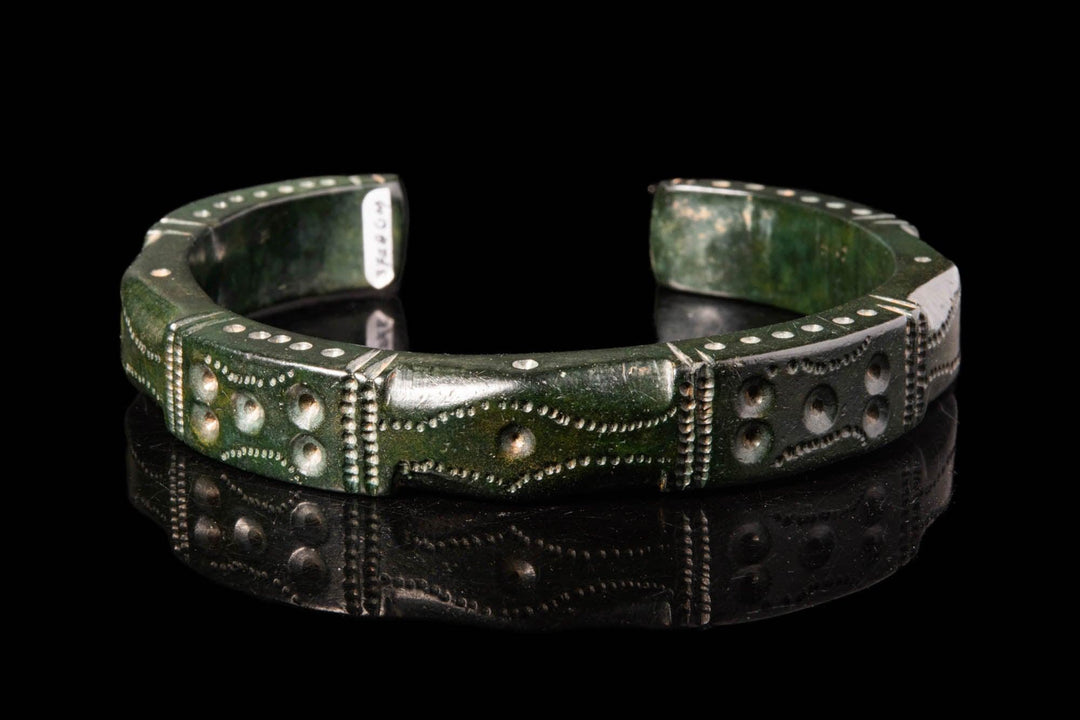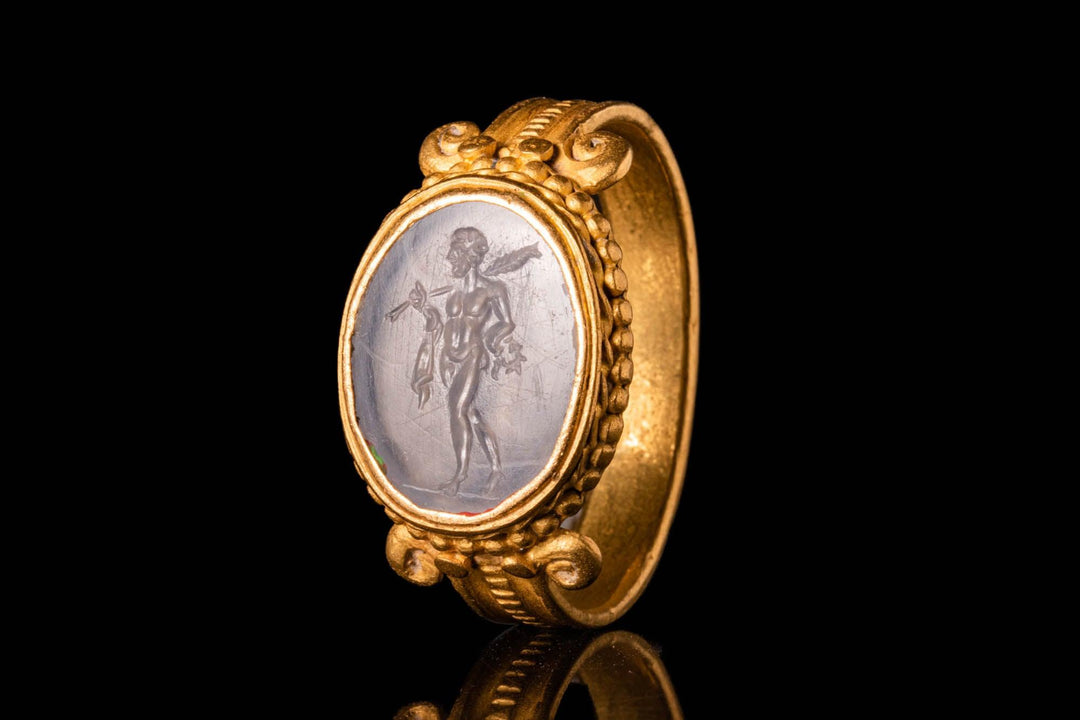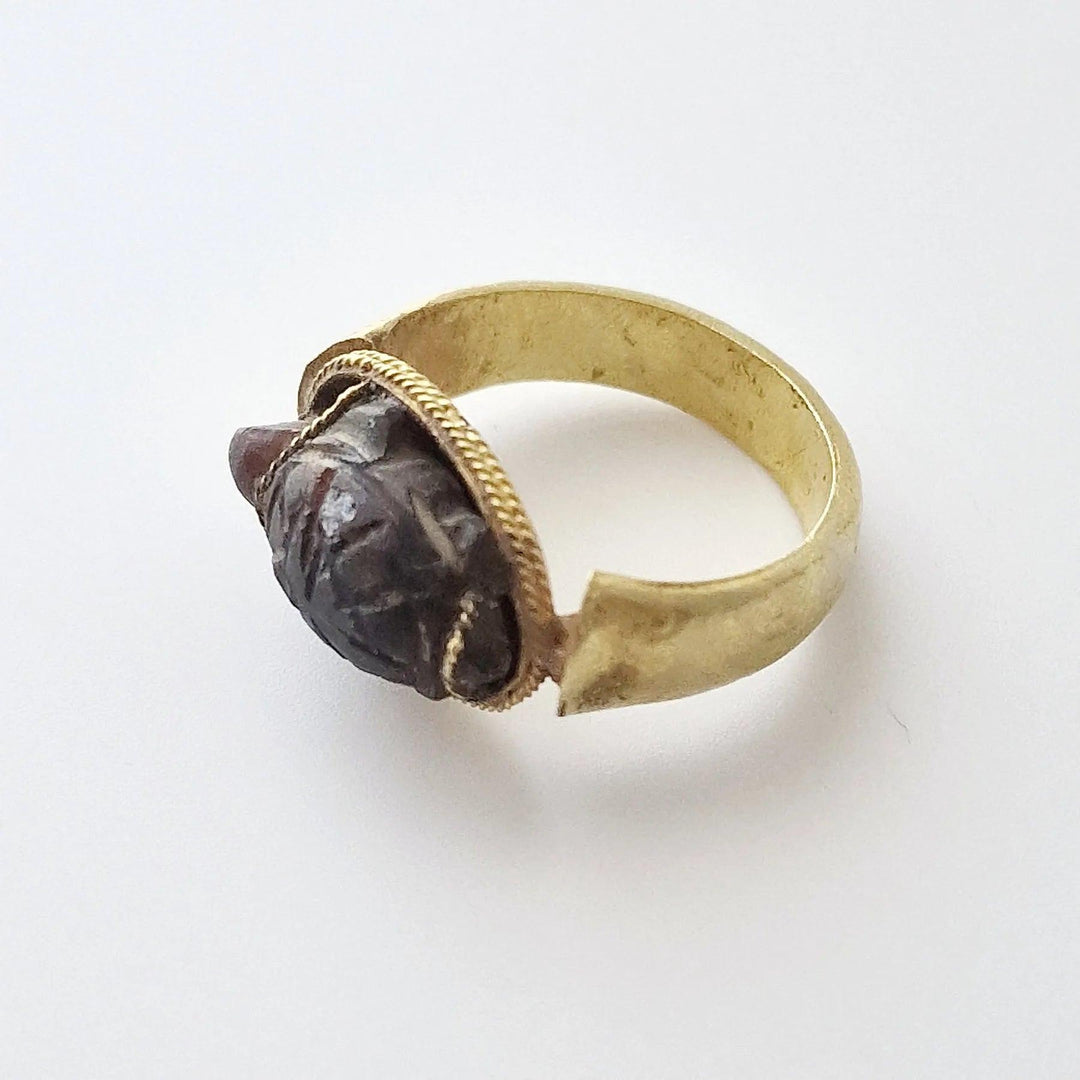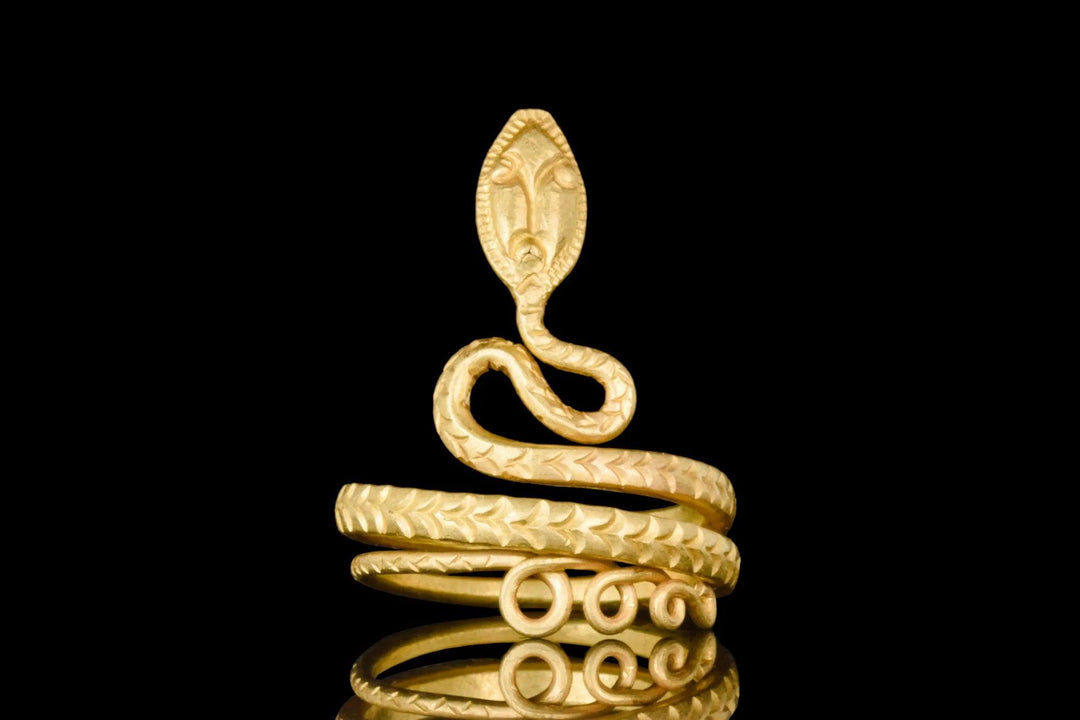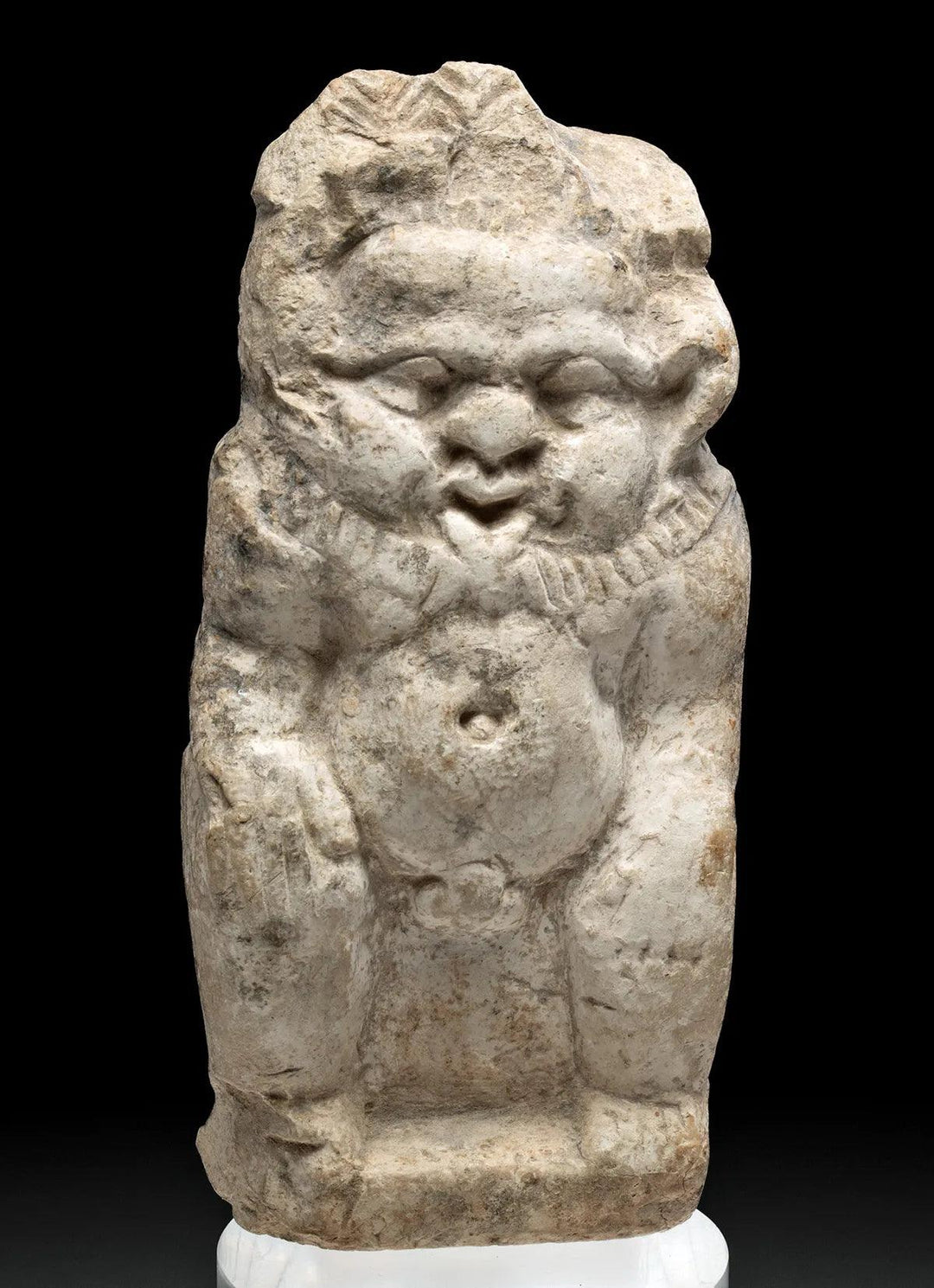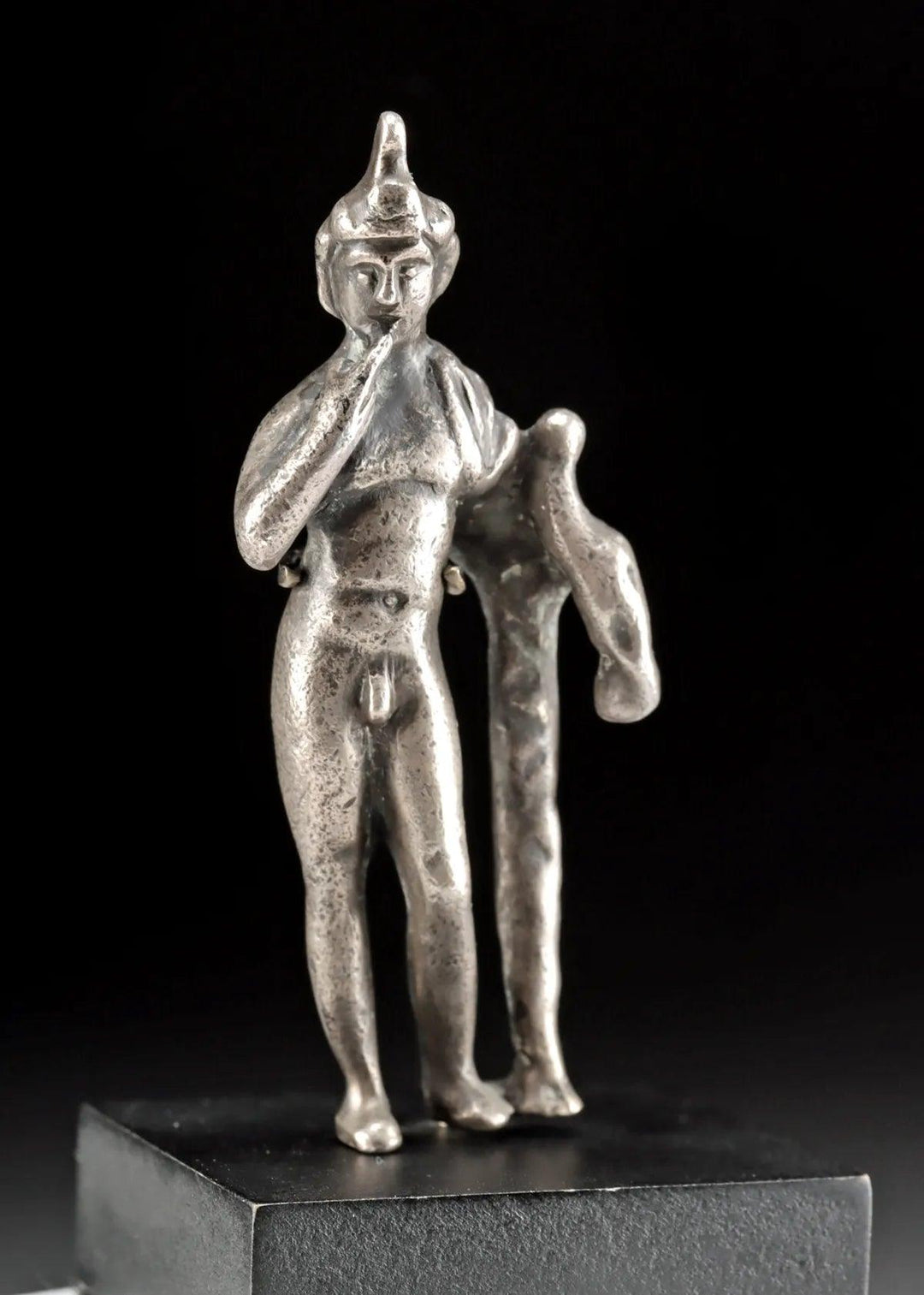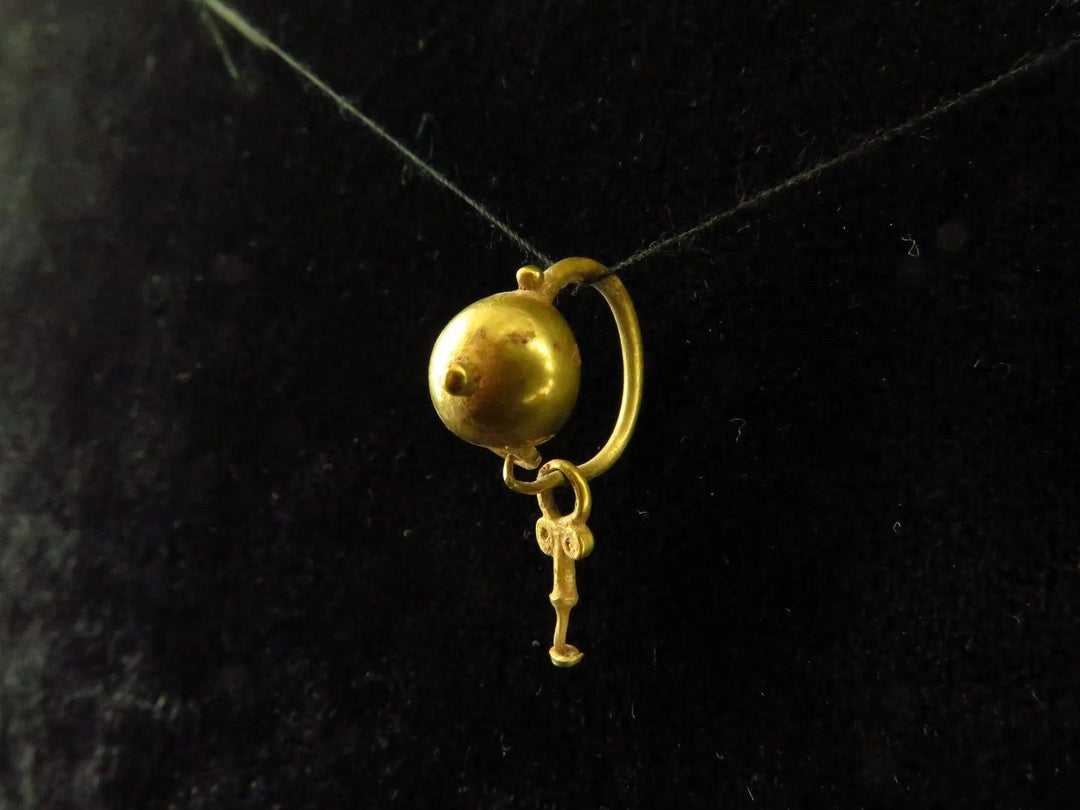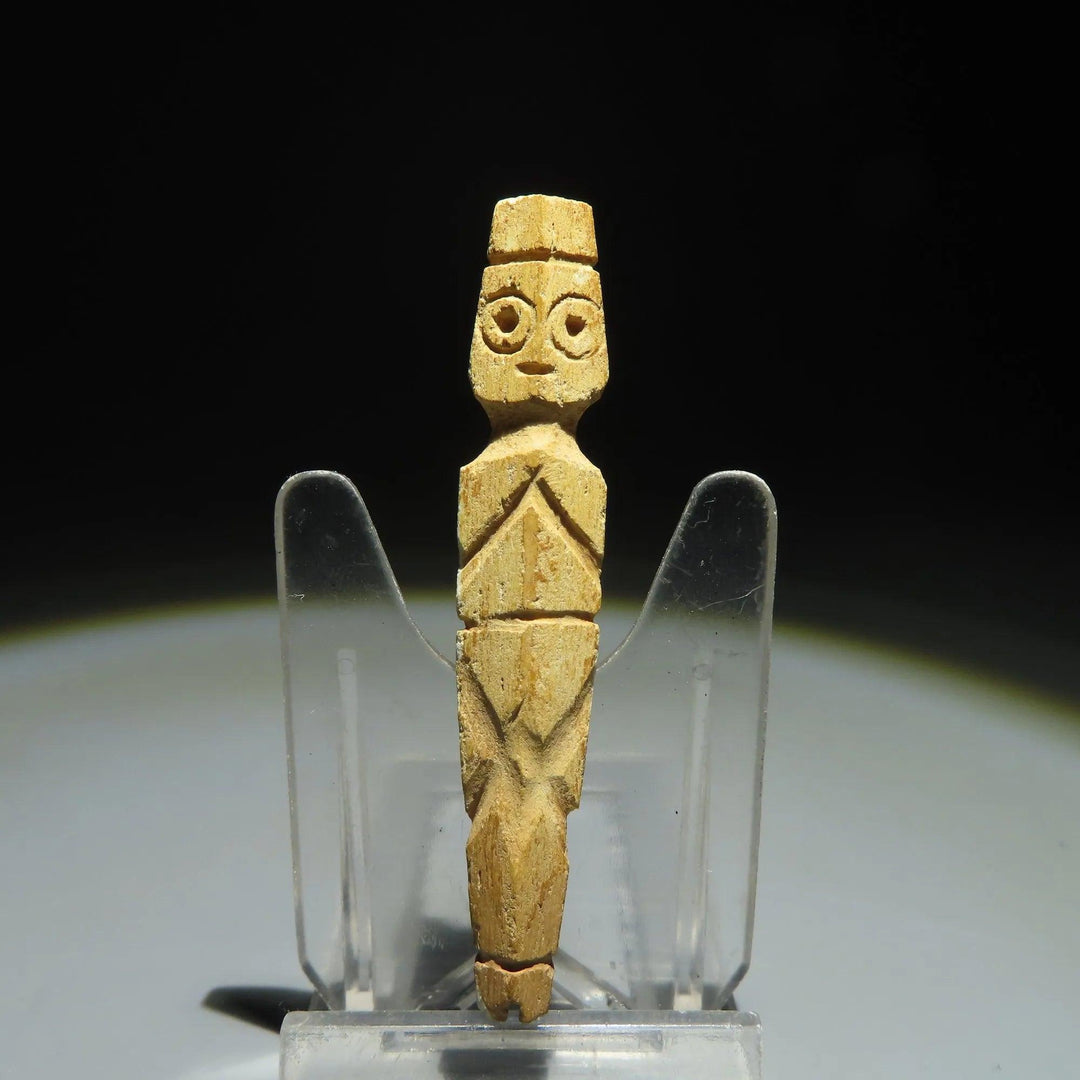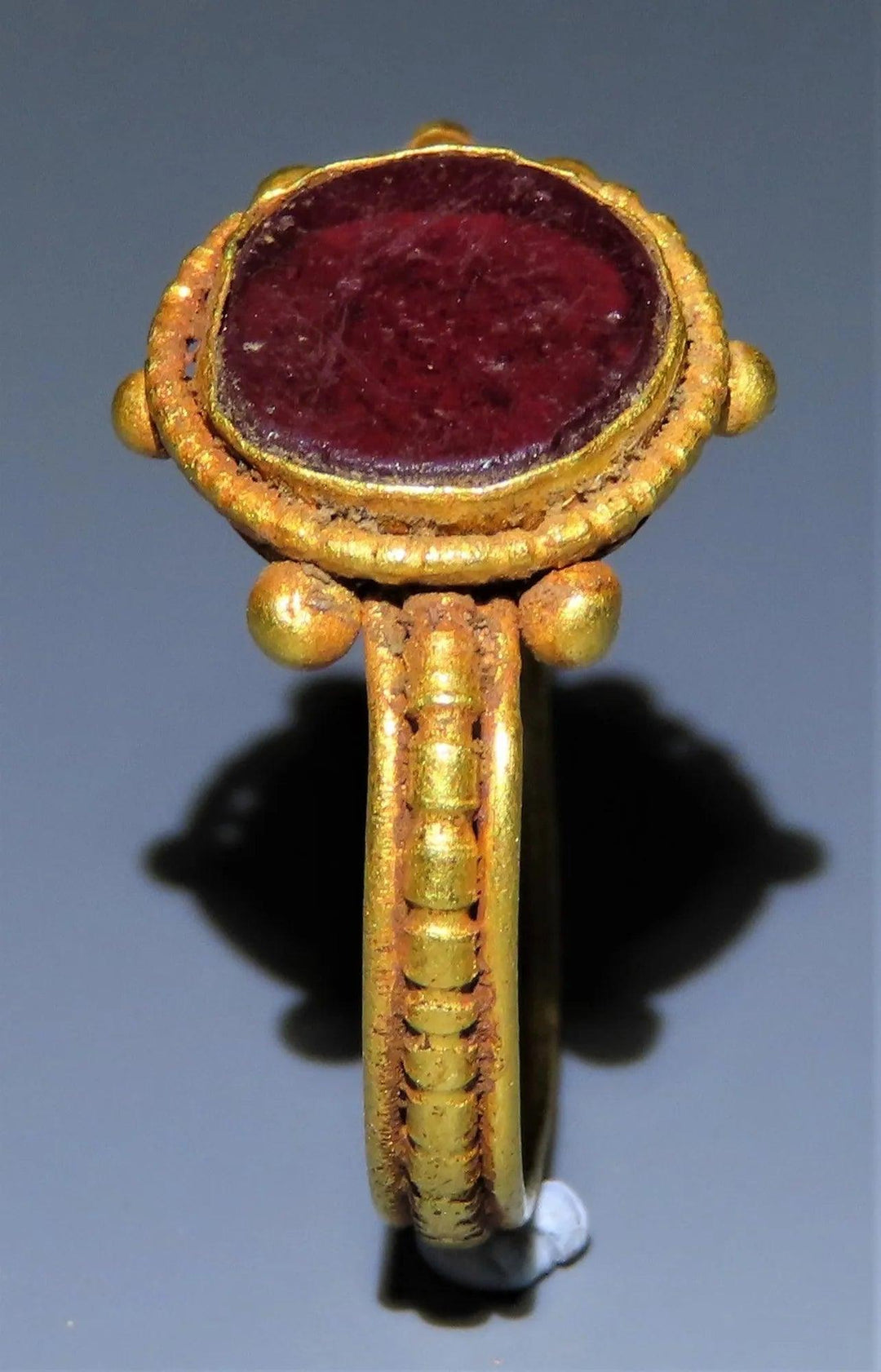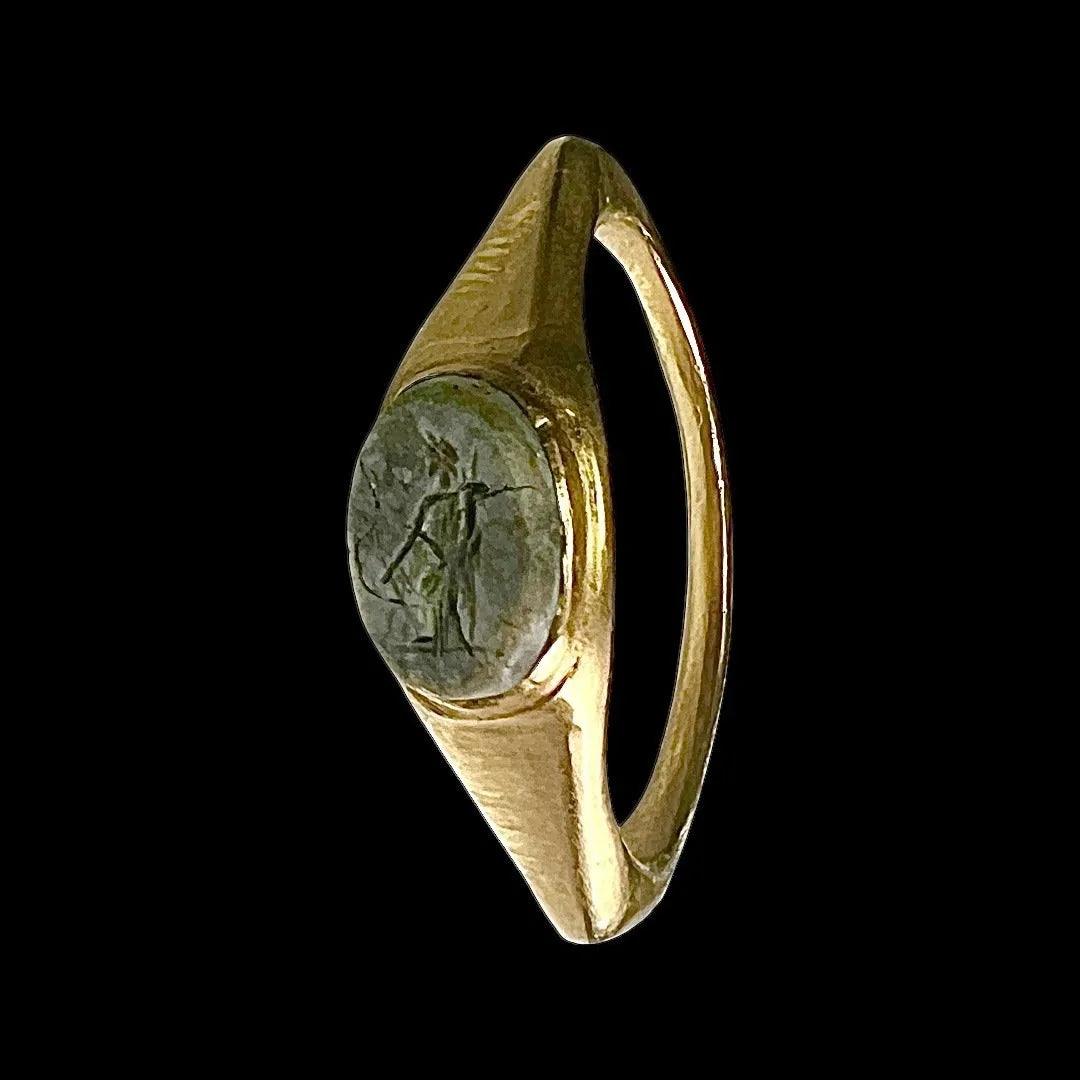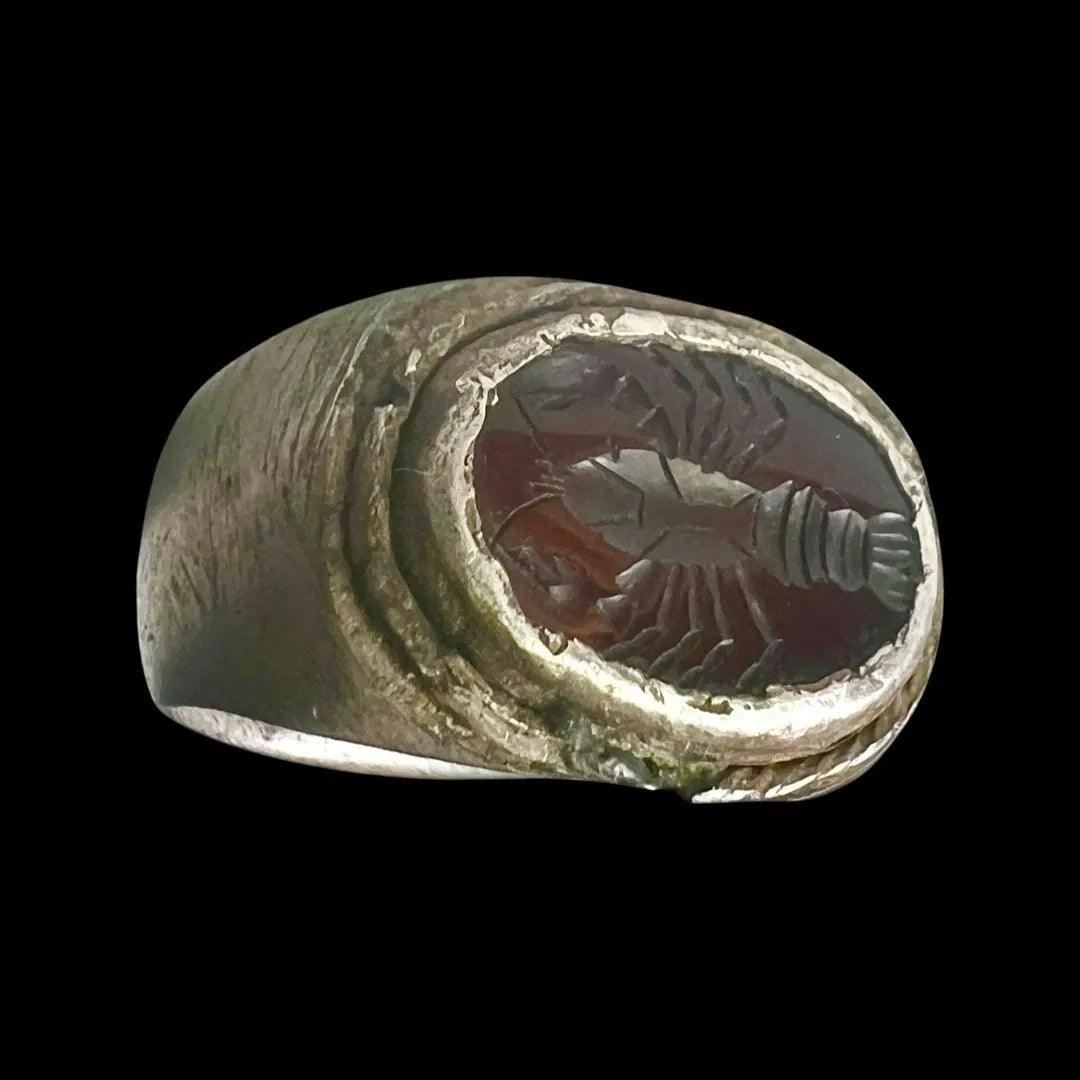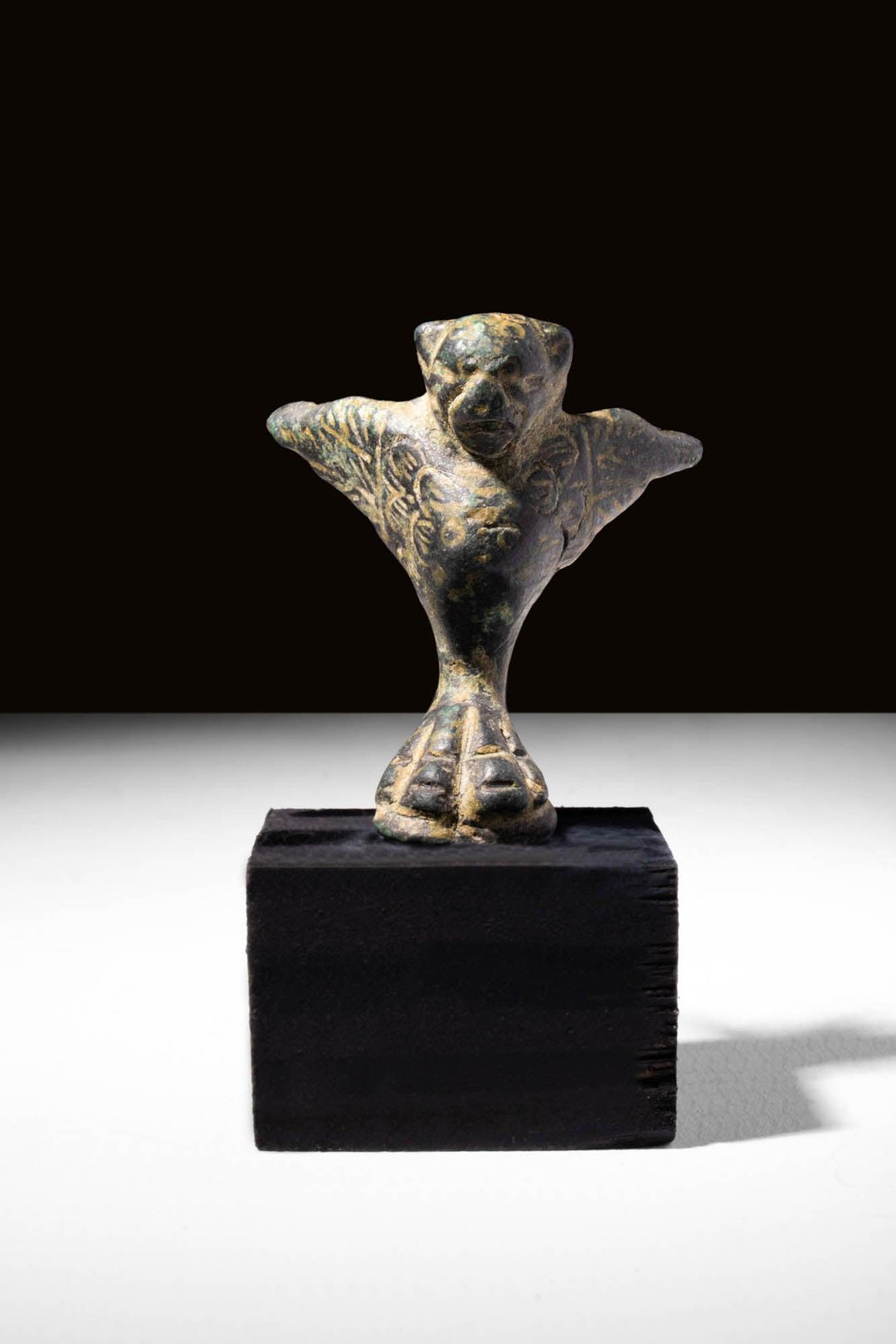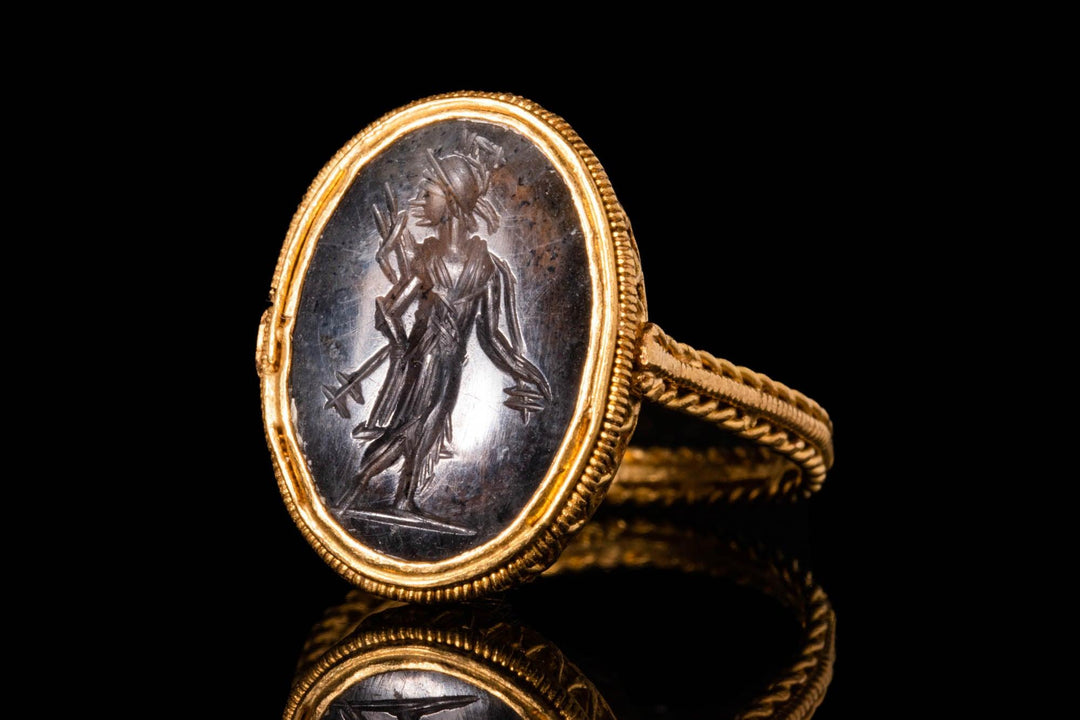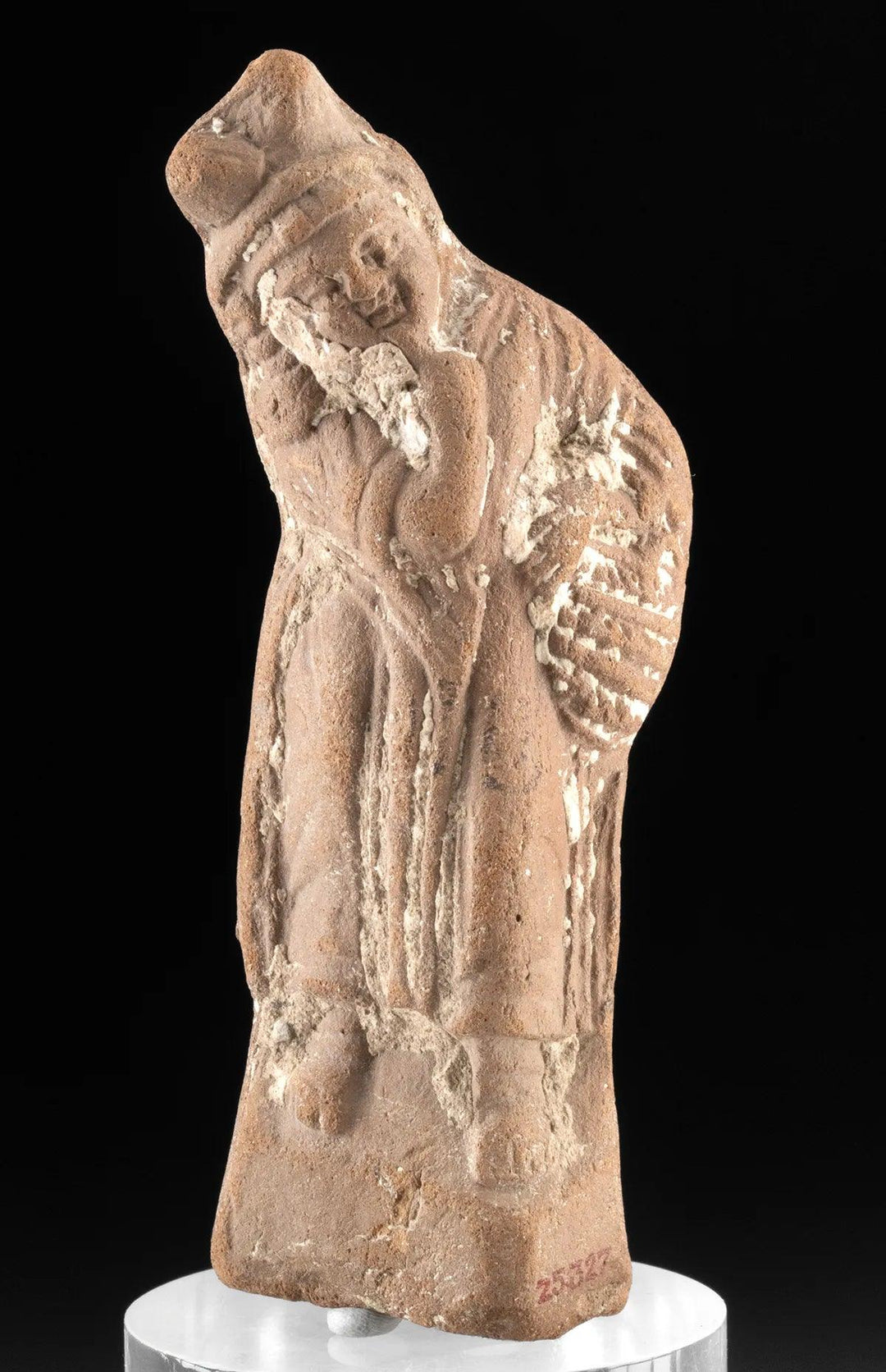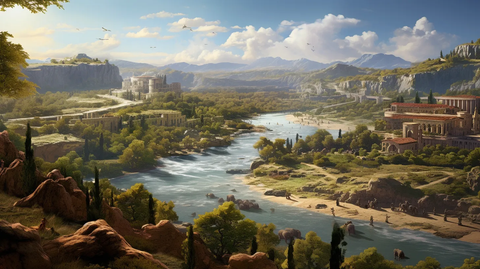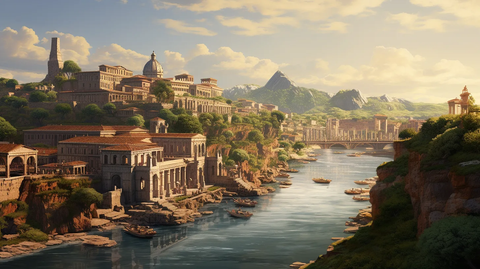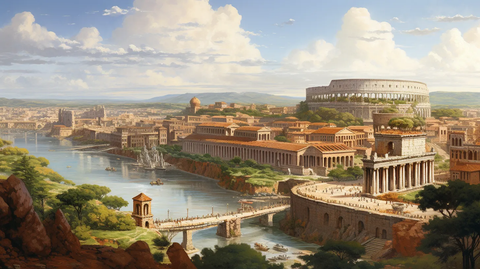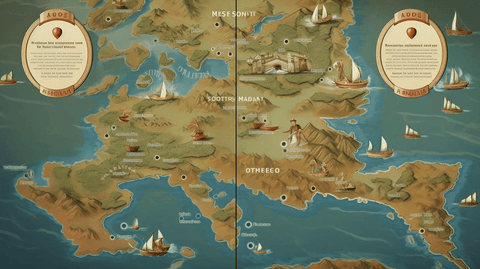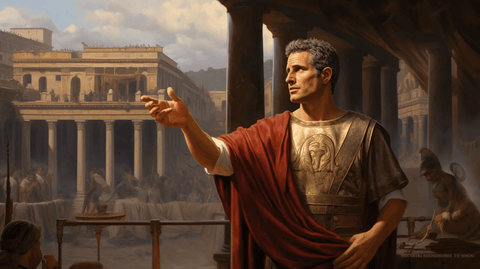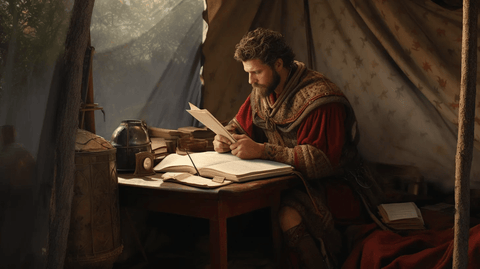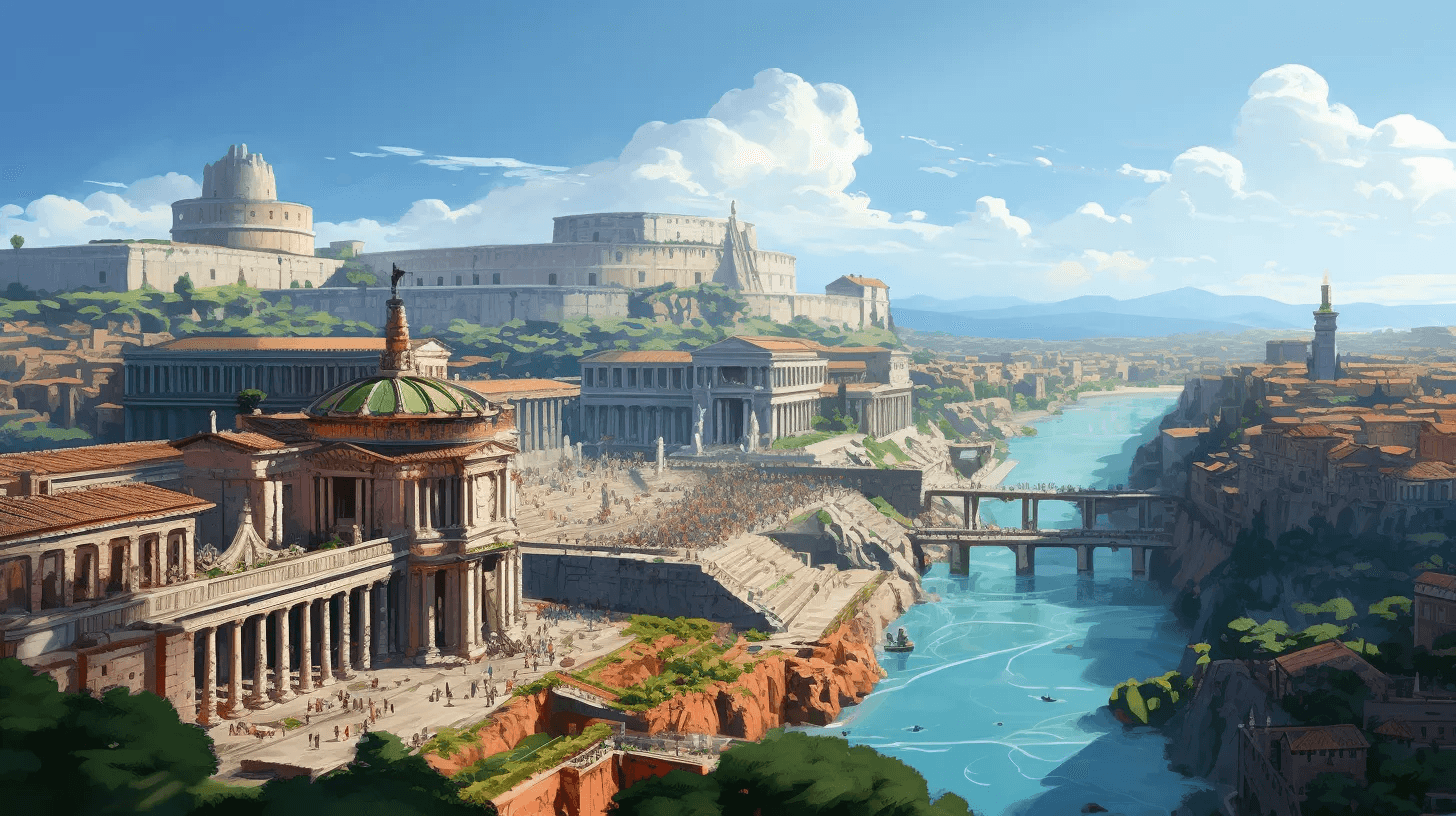
Ancient Rome: Echoes of an Empire that Shaped the World (753BCE - 476CE)
Step into the grandeur of Ancient Rome with our collection of genuine artifacts. From the heart of the empire that gave us law, architecture, and the gladiators, own a timeless piece of history.
Ancient Rome - a civilization that once stretched from the sun-kissed Mediterranean shores to the cold frontiers of Britannia. Its legacy, woven into the fabric of modern society, is a testament to its unparalleled influence in governance, art, culture, and engineering.
Key Contributions:
- Architecture and Engineering: The Romans were master builders, gifting the world with architectural marvels like the Colosseum, aqueducts, and the Pantheon. Their roads, bridges, and fortifications stand as a testament to their engineering prowess.
- Law and Governance: The Roman legal system laid the groundwork for modern jurisprudence. Concepts like 'innocent until proven guilty' have their roots in Roman law.
- Literature and Language: Latin, the language of the Romans, is the precursor to the Romance languages and has deeply influenced English. Writers like Virgil, Cicero, and Ovid shaped literary traditions.
- Military and Strategy: The Roman legions were a force to be reckoned with, and their strategies and tactics are still studied in military academies today.
Regions: The vast expanse of the Roman Empire encompassed diverse lands and cultures:
- Italian Peninsula: The heartland of the empire, home to the eternal city, Rome.
- Gaul (Modern-day France): Conquered by Julius Caesar, it became a vital part of the empire.
- Iberia (Spain and Portugal): Rich in minerals, it was a key province.
- Africa Proconsularis (Tunisia, Libya): The breadbasket of Rome, vital for its grain supply.
Valued Materials: The Romans prized various materials for their utility, beauty, and symbolism:
- Marble: Extensively used in statues, monuments, and buildings.
- Bronze: Utilized for sculptures, coins, and everyday items.
- Gold and Silver: Mined extensively, they were used for coins, jewelry, and ceremonial objects.
- Terracotta: Widely used for pottery, tiles, and figurines.
Relevant Time Periods: Ancient Rome's history spans over a millennium, with distinct eras marking its rise and fall:
- Roman Kingdom (c. 753–509 BC): The foundational era, marked by the legendary founding of Rome by Romulus.
- Roman Republic (c. 509–27 BC): A time of expansion, political upheaval, and the rise of figures like Julius Caesar.
- Roman Empire (c. 27 BC–476 AD): The height of Roman power and influence, from the Pax Romana to its eventual decline.
Explore our curated selection of Ancient Roman artifacts, each echoing tales of senators, soldiers, citizens, and the indomitable spirit of an empire that once was.




